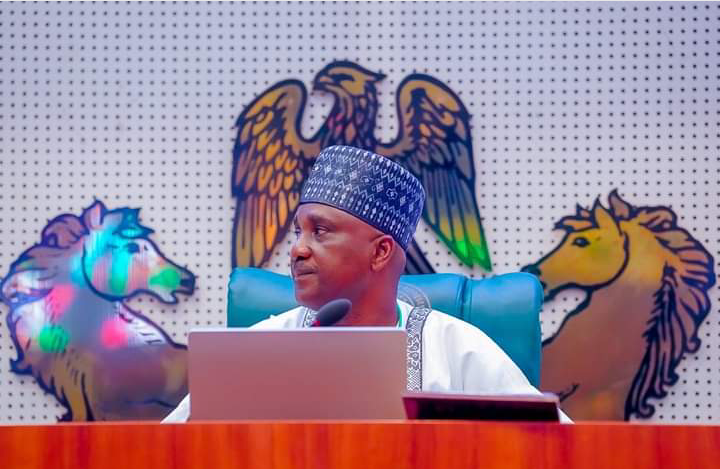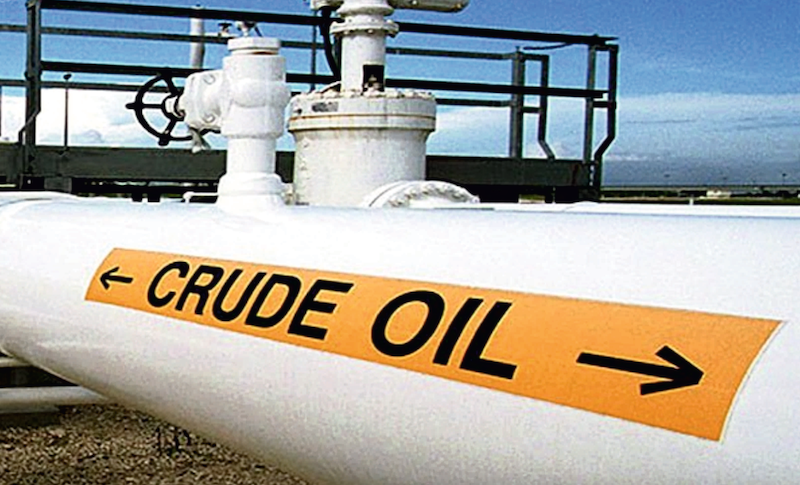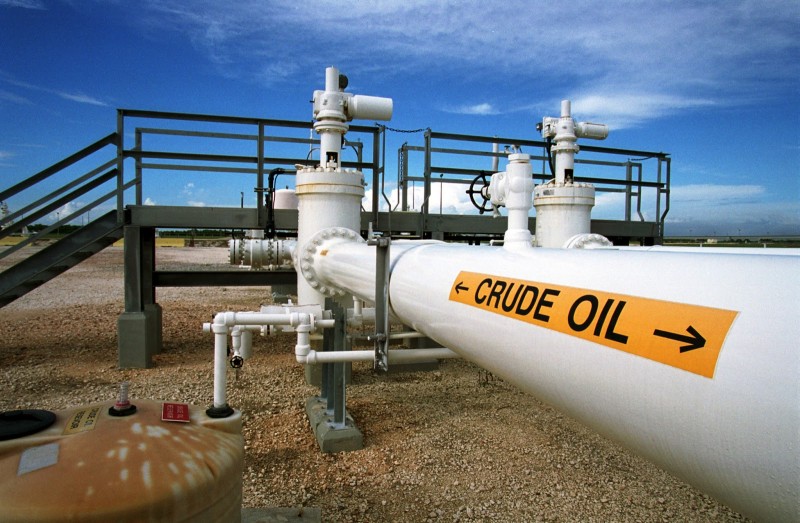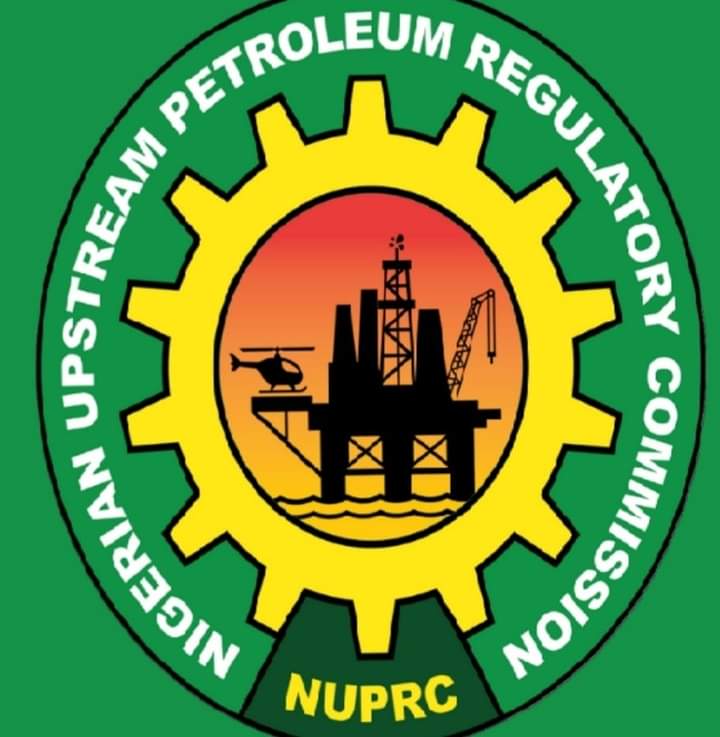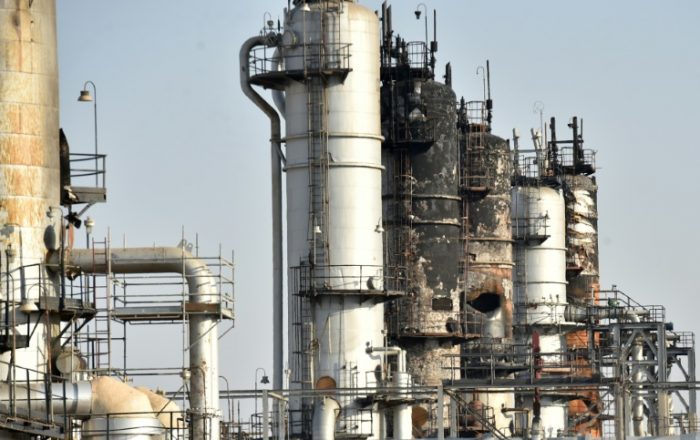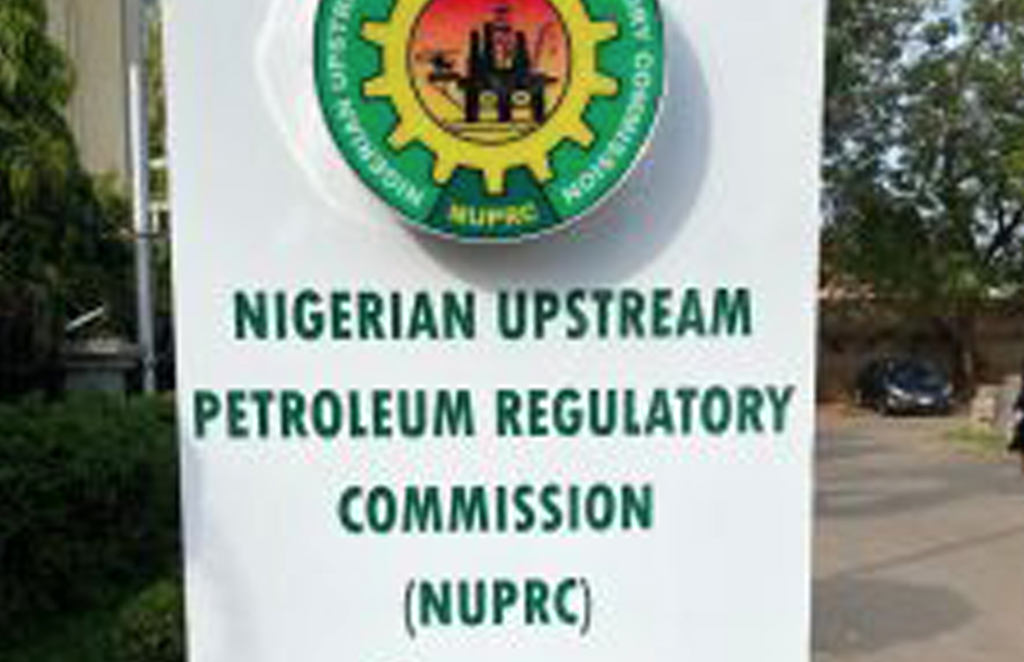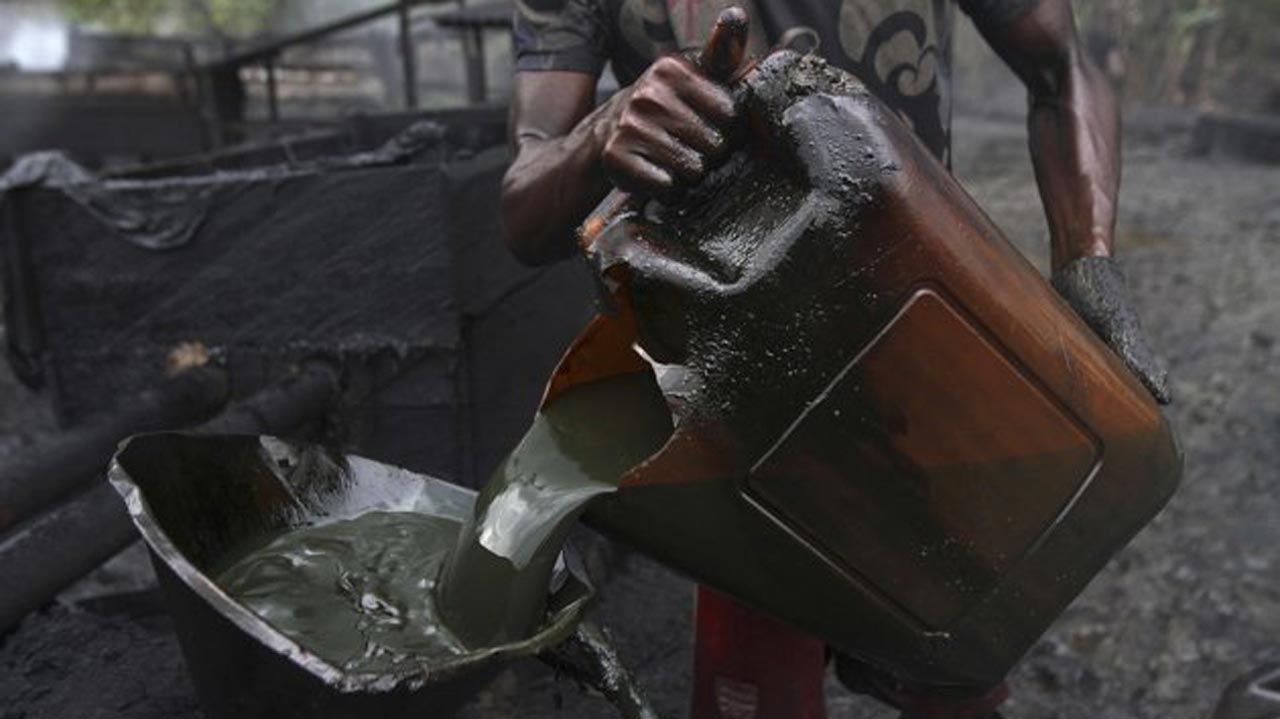The House of Representatives on Monday quizzed the management of Nigerian Upstream Petroleum Regulatory Commission (NUPRC) over dwindling revenues accruing from Signature Bonuses.
The Chairman, House Committee on Finance, Rep. James Faleke, discovered this at the interactive session with revenue generating agencies in Abuja
He said the document submitted before the committee showed that the projected N251 billion revenue from Signature Bonuses in 2024 fiscal year would decline to zero by 2026.
The lawmakers queried the commission over the revenue accrued from the sale of federation assets to Nigerian National Petroleum Corporation Limited (NNPCL).
The commission is expected to give details of its involvement in Signature Bonuses and measures put in place to expand the monetisation of the country’s oil assets.
Falake however summoned NNPCL management over federation assets acquired from NUPRC, with a view to ensure accountability of public funds.
The committee also requested for supporting documents on the projected crude oil supply for 2024 to 2026, while demanding for copies of the oil audit conducted by NUPRC.
The lawmakers also requested for details of the Commission ‘s preparedness to meet the negotiated LPG supply to Germany which was brokered by President Bola Tinubu during the 10th German-Nigerian business forum.
Speaking earlier, NUPRC Chief Executive Officer, Mr Gbenga Komolafe said that the commission was working on the proposed LPG supply to Germany.
The Commission, represented by Executive Commissioner on Economic Regulation and Strategic Planning, Mr Babajide Fasina said the commission was yet to get information on new oil blocs before they embarked on new bid rounds.
Faleke however demanded for evidence of payments made by NNPCL, as well as list of assets acquired, among others.
The committee asked NUPRC to provide explicit plans put in place to meet up with projected crude oil in 2024/2026 amidst oil theft.
Recall in January 2022, NUPRC management said 33 companies failed to pay the required signature bonuses for the 2020 marginal field bid round within the 45-day window.
Komolafe said this during a meeting with marginal field awardees and leaseholders.
Marginal fields are smaller oil blocks developed by indigenous companies, and they have not been exploited in at least the last ten years.
In May 2021, the Department of Petroleum Resources (DPR) — now NUPRC — had completed the first successful bid programme after 18 years.
Over 600 companieshad applied to be pre-qualified for the bid rounds of 57 marginal fields, which began on June 1, 2020.
Speaking at the meeting, Komolafe said efforts were being made to close the bid round and that the commission would support successful awardees who had paid the required signature bonuses.
57 fields were identified for the 2020 bid round exercise, and a total of 665 entities expressed interest. After extensive evaluation processes as laid down in the guidelines, 161 entities emerged as potential awardees,” he said.
“Signature bonuses for 119 awards were fully paid, nine awards were partly paid for and 33 awards were not paid for. This has resulted in various challenges inhibiting the close-out of the exercise.
“The marginal field guidelines provided for 45 days for the payment of signature bonus which has since elapsed, and we have issued a public notice to that effect as well as notified the relevant potential awardees.
“It is pertinent to inform you that concerted efforts are being made to ensure that the 2020 MFBR exercise is completed within the shortest possible time,” he said at the meeting.
